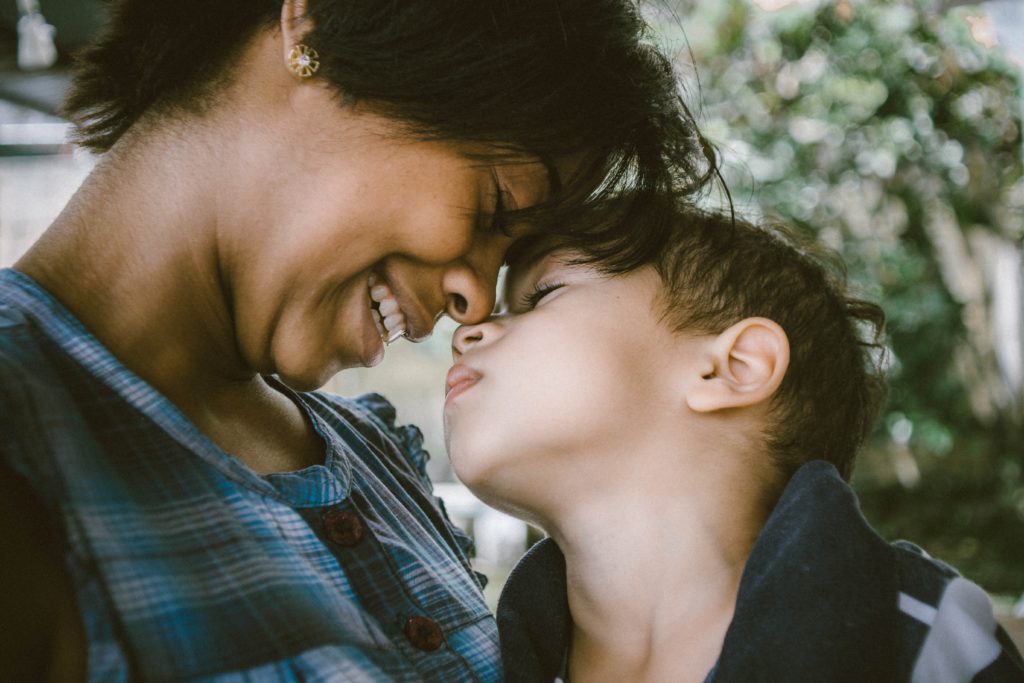
American Red Cross volunteer Lynn Hottle has seen many families in crisis after disasters. But the 2020 coronavirus pandemic is “so new, so different and so prolonged,” she says.
Hottle is the regional lead for disaster mental health services with the organization’s National Capital & Greater Chesapeake Region. She also regularly holds workshops for military families, helping them with stress management and resiliency building.
In ongoing situations like this pandemic, caregiver fatigue is a very real risk. Parents can get easily worn out and need to practice basic stress management.
“It’s that whole thing—you can’t take care of others until you take care of yourself,” Hottle says.
Sounds great. But how do parents do this when there are employment, health and education stressors?
Start by being mindful of your day. Find ways to fit in breaks, Hottle says, adding that they don’t have to be long breaks; 10 minutes are enough. Take a hot shower, if it fits in with your schedule. Do some deep breathing. Or crank up the music and have a 10-minute dance party.
“We’re lacking so much control in this situation,” she says, but parents can bring back some of that control by taking care of themselves.
Cut back on Zoom. Many workers have filled days with back-to-back videoconferencing. That can be wearing, Hottle says. It’s important to step away from the computer and other technology throughout the day to adjust both eyes and outlook.
Another suggestion: Schedule meetings on different days, so tech time is broken up throughout the week.
Along that same line, turn off the news. “This is like 9-11,” Hottle says. There are days when the news is tough to consume, so don’t consume too much of it.
Be sure to add to uplifting entertainment to your movie queue, too.
Make time to talk. Right now, everyone is living in such close quarters with their family members. That means kids are overhearing conversations about the things that worry their parents.
Be sure to check in with children and ask them about their fears, Hottle says. “If you don’t share information with kids, they will make it up.”
That could mean a lot of explaining, but it’s important to make time for “good cautious conversations,” she says. We need to allay their fears and to ease our own minds.
Follow a sleep schedule. Go to bed at the same time on week nights and get up at the same time, too. Good quality sleep is important, Hottle says, and we should try to make it a priority when we can.
It’s a lot, acknowledges Hottle, who is a grandmother. She sees how much work her adult children have to put into both caregiving and their jobs right now. Adding self-care to that might seem like just another increase to the workload. But it is a much-needed step if we are to weather this disaster.
“We have to be intentional about taking care of ourselves,” she says.









